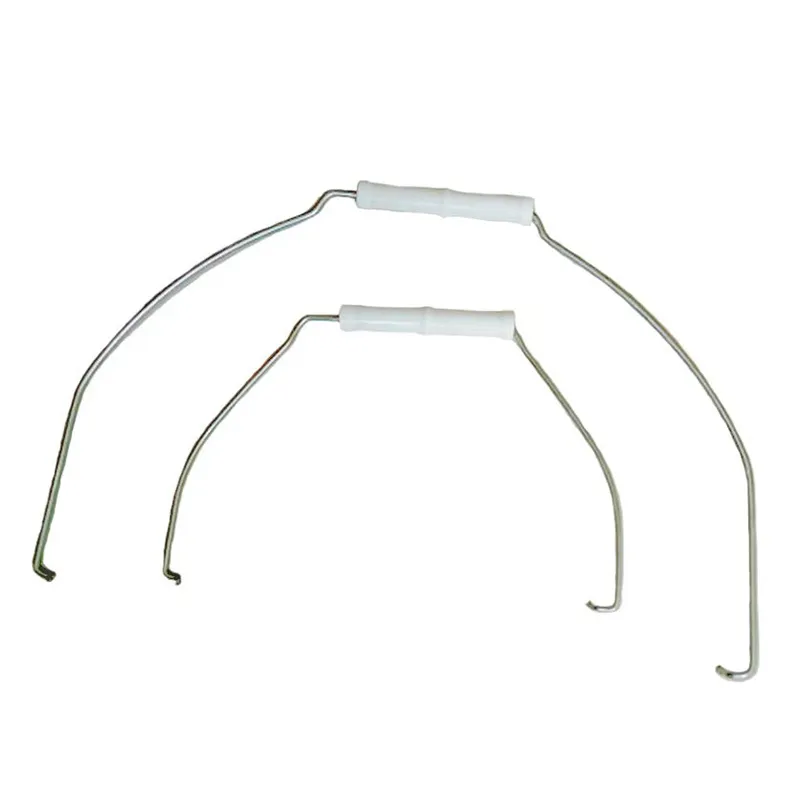-
 Phone:
Phone: -
 Email:
Email:

razor wire fence
The Purpose and Impact of Razor Wire Fences
Razor wire fences have been a significant security measure in various contexts, serving both practical and symbolic purposes. These formidable barriers, characterized by sharp, barbed edges, are typically used to deter unauthorized access to sensitive properties, including military bases, prisons, and industrial facilities. However, the implications of razor wire fences extend beyond mere physical security.
The Design and Functionality
Razor wire is crafted from strands of wire wound in a spiral with sharp blades or barbs affixed at intervals. This design not only enhances its effectiveness as a deterrent but also creates a physical barrier that is difficult to breach. Often installed atop existing fences or walls, razor wire enhances the security perimeter, making it a common choice in high-security areas. While traditional fencing can deter casual intruders, razor wire presents a more formidable challenge, as its sharp points pose a serious risk of injury.
Security and Protection
One of the primary purposes of razor wire fences is to enhance security. In environments where high stakes are involved, such as military installations or correctional facilities, the presence of razor wire acts as both a psychological and physical deterrent. Potential intruders may think twice before attempting to breach a fence armed with razor wire, knowing that the consequences may include injury and heightened risks of apprehension. Thus, for property owners, the installation of razor wire fences is often a critical decision aimed at safeguarding their assets, personnel, and sensitive information.
razor wire fence

Similarly, in urban settings, razor wire is frequently employed to protect warehouses, power plants, and other infrastructure critical to the functioning of society. The effectiveness of these fences in reducing incidents of theft and vandalism is well-documented, making them a staple in modern security strategies.
Ethical Considerations
Despite their effectiveness, razor wire fences often evoke controversy and ethical debate. While they serve critical security purposes, their harsh appearance and association with confinement can symbolize aggression and exclusion. In areas where razor wire fences are used to restrict movement—such as at borders or refugee camps—they can represent barriers to freedom and human rights concerns.
Critics argue that excessive reliance on such punitive measures can exacerbate social inequalities and reinforce negative perceptions of marginalized communities. The stark presence of razor wire can also contribute to the psychological distress of those living in the shadow of these barriers, further complicating the broader narrative around security and liberty.
Conclusion
In conclusion, razor wire fences are a potent symbol of security and control in our societies. Their design reflects a commitment to protecting valuable assets, while their implications touch on deeper societal issues. As we navigate the challenges of security in an increasingly complex world, it is essential to balance the need for safety with ethical considerations regarding human dignity and freedom. The dialogue surrounding razor wire invites us to reflect on our values and the kind of society we aspire to create, prompting discussions that extend far beyond the physical barriers they represent.
-
Wire Mesh for Every Need: A Practical SolutionNewsJul.25,2025
-
Steel Fences: Durable, Secure, and Stylish OptionsNewsJul.25,2025
-
Roll Top Fencing: A Smart Solution for Safety and SecurityNewsJul.25,2025
-
Cattle Farm Fencing Solutions for Maximum SecurityNewsJul.25,2025
-
Affordable Iron Binding Wire SolutionsNewsJul.25,2025
-
Affordable Galvanized Wire SolutionsNewsJul.25,2025
-
Wire Hanger Recycling IdeasNewsJul.25,2025








